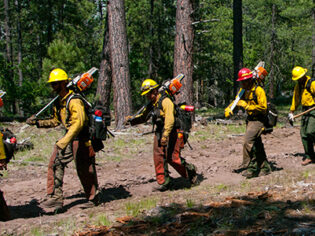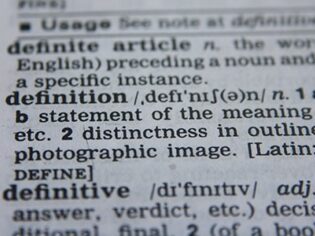Create an Account / Subscribe to Updates
Sign up to be notified about training course openings, to enroll in courses, or to be able to comment on blog posts. Don't worry, we won't spam you, and you can unsubscribe or ask us to delete your account at any time. Also, you don't need an account to browse the blog or access the materials on the resources page, so if that's all you need right now, you can skip this step.





